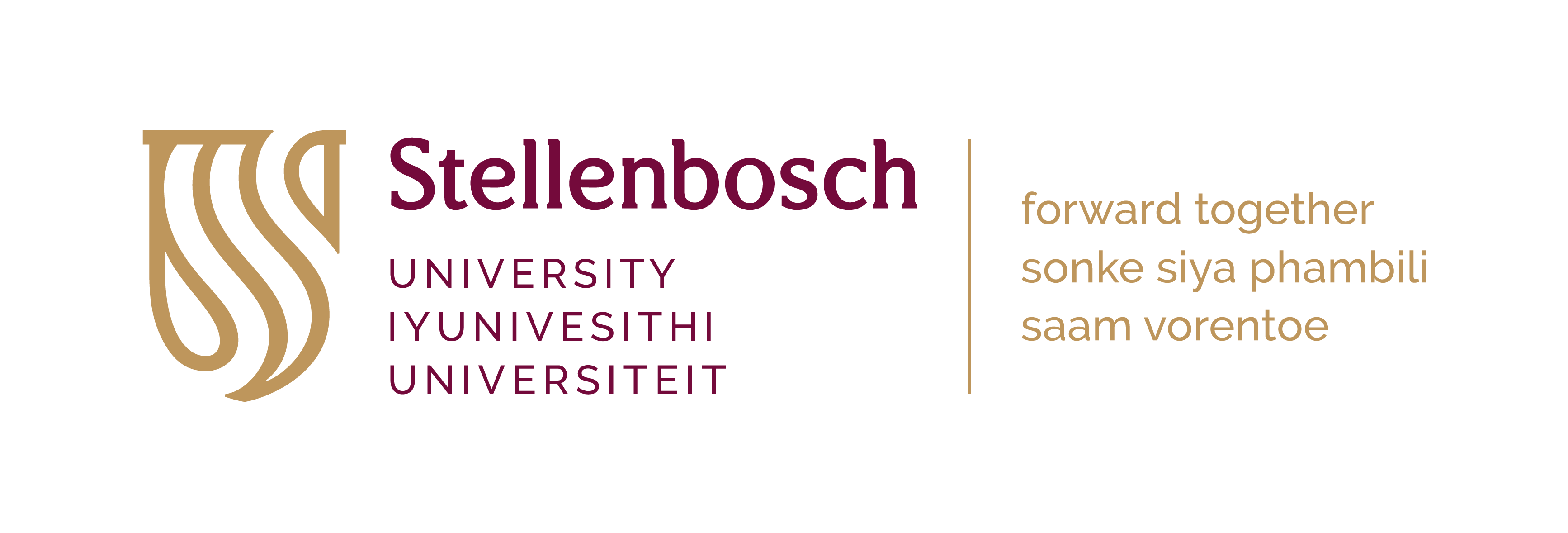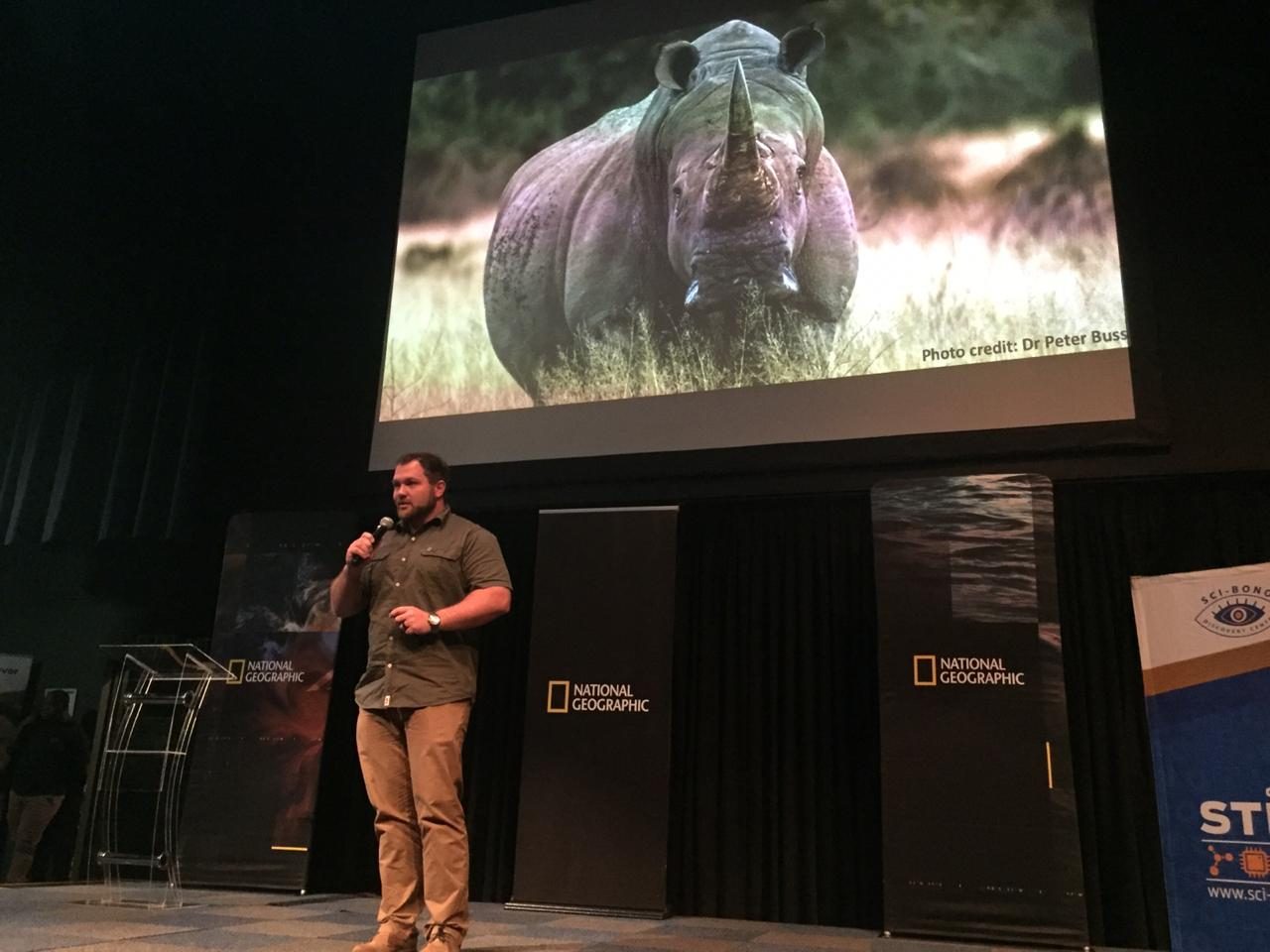Meet Dr Wynand Goosen, a postdoctoral fellow within the Animal TB Research Group at Stellenbosch University’s Division of Molecular Biology and Human Genetics, Faculty of Medicine and Health Sciences.
In celebration of Youth Month 2020, the Division of Molecular Biology and Human Genetics is paying tribute to young researchers within our institute. We share heart-warming stories of our students whose lives give us great hope for the future of South Africa. We thank these students for volunteering to tell us a little about themselves and their research.
Tell us briefly about your background?
I grew up in a Rural town called Makhanda in the Eastern Cape. Surrounded by rural communities, livestock, and wildlife parks I was exposed to various zoonotic disease management strategies. It was during this time I saw the potential dangers surrounding the interactions between humans, domestic livestock, and wildlife. This fascinated me and therefore I wanted to pursue zoonotic disease research.
Why did you choose your field of study – what or who inspired you? Is this what you envisioned for yourself growing up?
Growing up in a small rural town in the Eastern Cape surrounded by livestock and wildlife, I was frequently exposed to various zoonotic disease management strategies. This combined with my passion for science made me realise at a young age that this type of research was exactly what I wanted to do for a living. Using science to enhance these strategies was what I envisioned for myself and that is exactly what the Animal TB Research Group is doing for South Africa today.
What is your research focus on?
My research is focused on a multi-pronged approach to improve knowledge of the epidemiology, pathogenesis, and immunology of bovine tuberculosis (BTB). This includes investigating the role of host genetics and immunology in susceptibility to BTB; the genetic diversity of mycobacterial pathogens and their impact on wildlife and livestock; and the development of diagnostic assays for numerous host species. The work incorporates a continuum of basic to applied research both in the laboratory and field.
How can your research help to improve Africa and/or the lives of its people?
My research helps to enhance zoonotic disease management strategies in rural areas of South Africa where frequent interaction between humans, livestock and wildlife occurs. Transmission of zoonotic diseases like Mycobacterium bovis between wildlife and livestock can affect their owner’s livelihood and most importantly their health if transmitted from their animals directly through contact, through consumption of raw animal products or contaminated environments.
What obstacles did you have to overcome to get where you are today?
I had to obtain my own funding from various banks for my undergraduate studies, during these studies I had to make sure I had well-above-average academic transcripts for acceptance into honours with a bursary. This was the same for during my honours to get into masters and subsequently my PhD studies. During these times I solely survived on bursaries of which the NRF formed a part of it. Only really during my postdoctoral research I started receiving a salary and could start paying back my bank loans. The biggest obstacle I am faced with until today is to obtain funding from various funders that do not discriminate towards me based on the colour of my skin and sex, regardless of the quality of research I propose.
If you could invite any three researchers (alive or dead; local or international) to a dinner party, who would you pick and why?
I would like to invite Charles Robert Darwin, Marie Skłodowska Curie and Heinrich Hermann Robert Koch to a dinner party to discuss current research about the evolution of Mycobacterium tuberculosis complex members to adapt to various hosts, antimicrobial resistance in general and to philosophy about different routes of transmission that may occur between hosts (humans, livestock, wildlife) directly or indirectly through environmental contamination.
What is your favourite quote/saying?
Fortis Fortuna Adiuvat – motto US Navy and on my family crest
Any advice for young people who are considering a career in STEM?
STEM is a calling and not a career. If you find yourself fascinated by certain scientific questions with no obvious answers and you do not see anything wrong with dedicating your life to finding those answers, then you might consider pursuing STEM.
What do you hope to achieve in the future?
I hope to leave a significant scientific legacy behind, while at least changing the life of one or two people.

